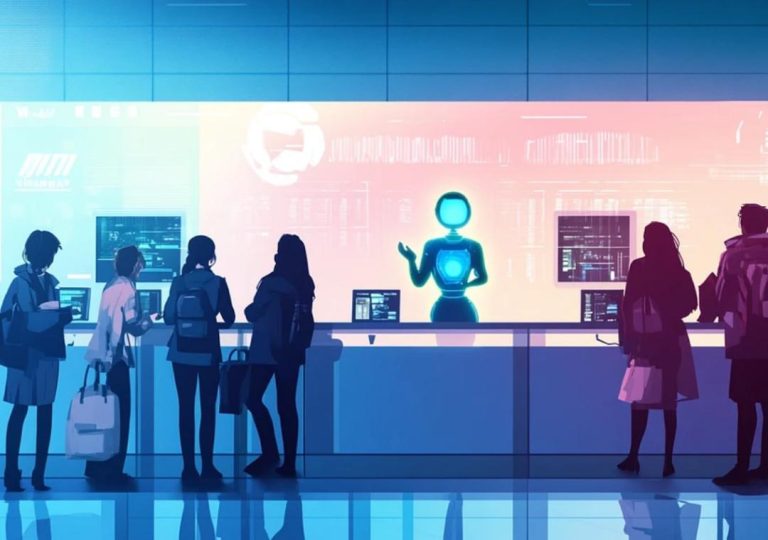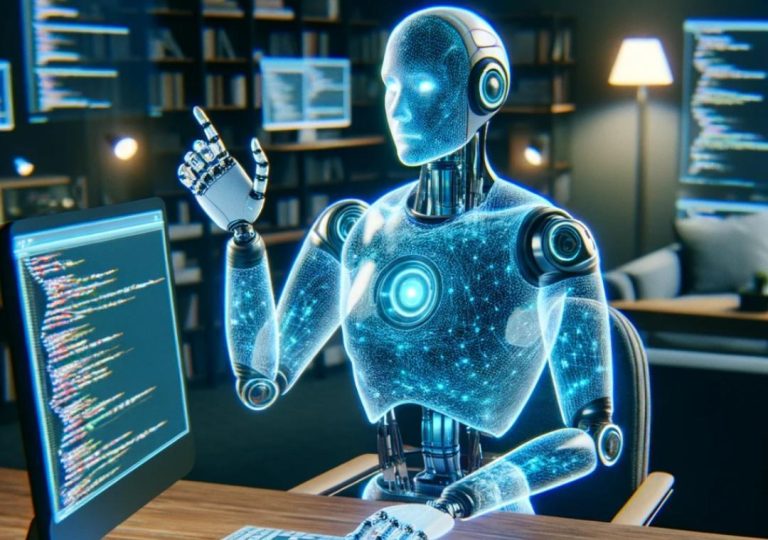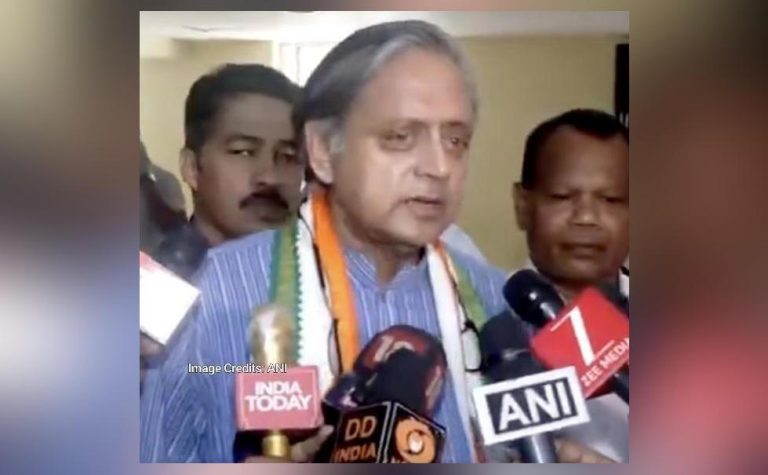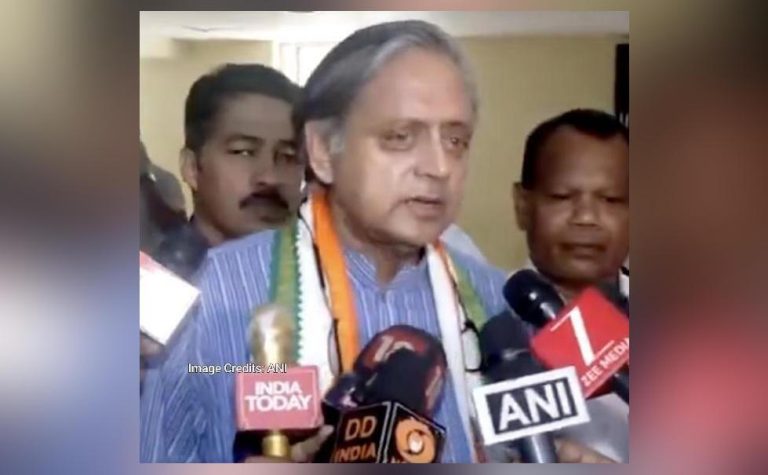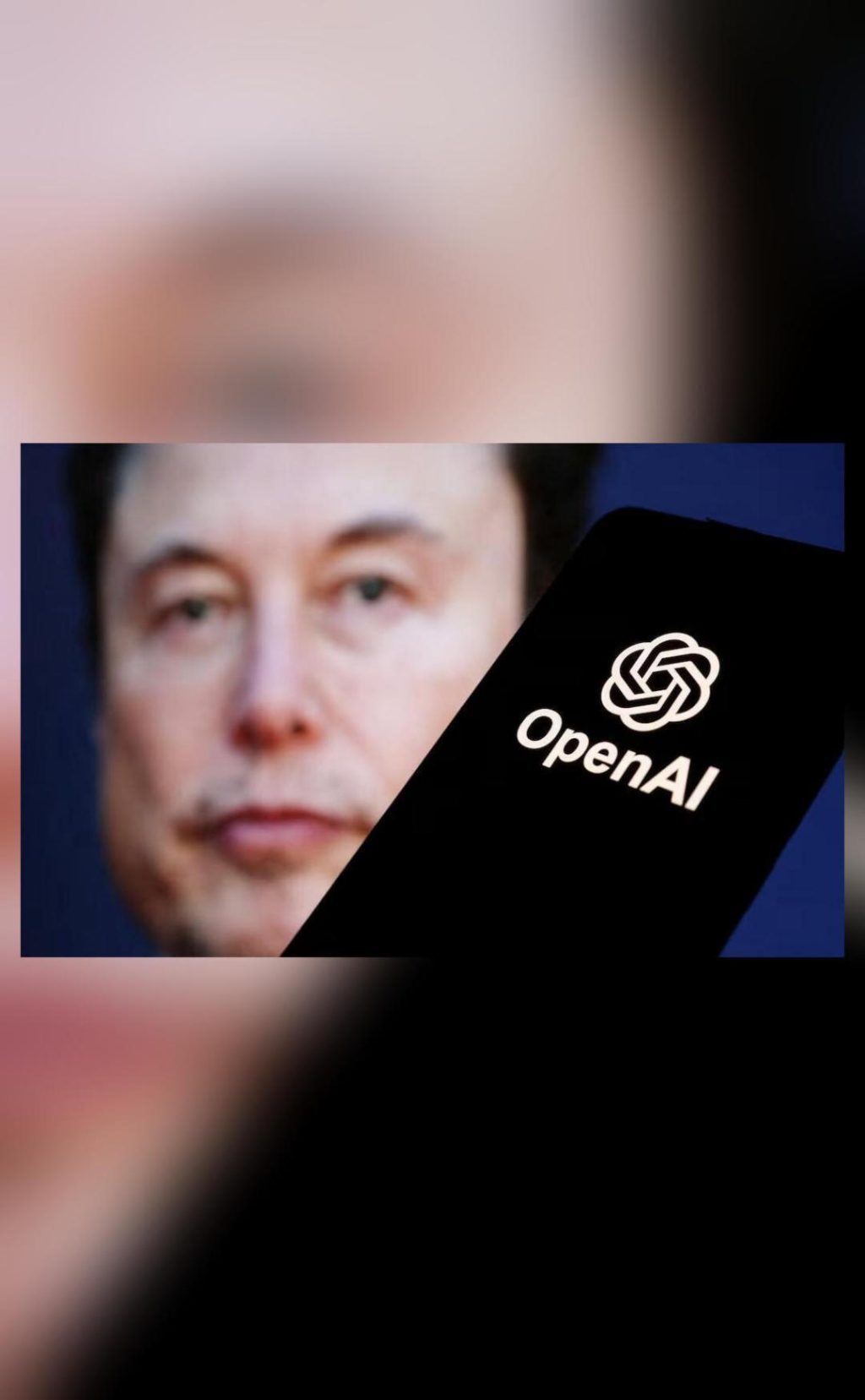
US Court Denies Musk’s Request to Block OpenAI’s For-Profit Plan
In a major development, a US court has rejected billionaire Elon Musk’s bid for a preliminary injunction that would halt the transition of ChatGPT-maker OpenAI from a nonprofit to a for-profit firm. The court ruled that Musk hasn’t met the high burden required for a preliminary injunction to block the conversion.
Musk, the CEO of SpaceX and Tesla, had filed a lawsuit against OpenAI in February, alleging that the organization’s decision to transform into a for-profit entity would compromise its ability to maintain independence and prioritize the development of artificial intelligence (AI) for the greater good. Musk claimed that the transition would allow OpenAI to prioritize profits over the public interest, potentially leading to the misuse of AI technology.
However, the court disagreed with Musk’s arguments, finding that he had not presented sufficient evidence to support his claims. The court’s decision was based on the fact that OpenAI has a clear plan in place to ensure that its AI models are developed and used responsibly, regardless of its organizational structure.
OpenAI, which was founded in 2015 by Musk, along with Sam Altman and others, has made significant progress in developing AI models, including its popular language model, ChatGPT. The organization has been at the forefront of AI research, and its transition to a for-profit entity is seen as a crucial step in securing the capital needed to continue developing its AI models.
In a statement, OpenAI said that it needs the transition to secure the capital necessary to develop the best AI models, which would ultimately benefit society. The organization emphasized that its decision to become a for-profit entity is not about prioritizing profits over the public interest, but rather about ensuring that it has the necessary resources to continue its research and development efforts.
Musk’s lawsuit against OpenAI was widely seen as an attempt to block the organization’s transition to a for-profit entity, which would have given him greater control over the organization’s operations and decision-making processes. The court’s decision is a significant setback for Musk, who had been pushing for a more restrictive approach to AI development.
The court’s ruling is also significant in that it recognizes the importance of OpenAI’s mission to develop AI models that can benefit society. The organization’s decision to become a for-profit entity is seen as a necessary step in achieving its goals, and the court’s decision ensures that OpenAI can continue to operate independently and pursue its research and development efforts without interference.
The news of the court’s decision has sent shockwaves through the AI community, with many experts praising the court’s ruling as a significant victory for OpenAI and the development of AI technology. The decision is also seen as a major blow to Musk’s efforts to exert control over OpenAI, and is likely to have long-term implications for the development of AI technology.
In conclusion, the US court’s decision to deny Musk’s request for a preliminary injunction is a significant victory for OpenAI and the development of AI technology. The court’s ruling recognizes the importance of OpenAI’s mission to develop AI models that can benefit society, and ensures that the organization can continue to operate independently and pursue its research and development efforts without interference.
Source:
